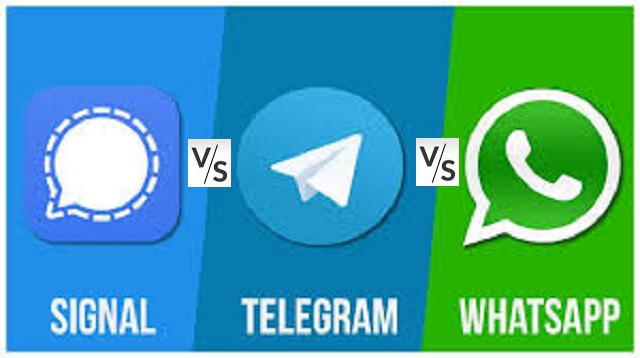Apps
How the Internet and Messaging Apps Are Transforming the Way We Communicate

The rise of the internet has revolutionized our communication habits, introducing us to the fast-paced world of instant written messages and, later on, voice messaging. This digital evolution has profoundly shaped the way we use language online.
Word Abbreviations
Abbreviations have become commonplace in digital communication. Initially, the need for brevity wasn’t driven by the speed of conversation—early communication tools like email and social networks involved delayed exchanges, not real-time chats. However, as messaging apps gained popularity, the demand for rapid response times grew, incentivizing the use of abbreviated language. Early on, this trend was likely fueled more by the slow typing speeds of users and a desire to conclude conversations quickly.
Emojis and Emoticons
Emojis and emoticons are now integral to online communication, often replacing entire words to express emotions and reactions more efficiently. What started with simple combinations of punctuation marks, like the colon and parenthesis for a smile, has evolved into a rich library of graphical icons that convey a wide array of emotions and ideas, sometimes even standing alone without any text.
Vage Zakaryan, Head of Development at Gem Space superapp, comments, “The language transformations we’ve witnessed in the last two decades due to the internet have spawned virtually a new dialect of online communication. It’s a dynamic language, continually evolving and enriched by new words, phrases, and the widespread use of memes, which are often humorous images or videos.”
Hashtags
Originally technical tools for tracking topics on social media, hashtags have transcended their initial function. They are now used in everyday digital exchanges to emphasize ideas or moods, similar to how one might use color or bold type in traditional writing.
English in the Digital Realm
The globalization of the internet has made English a universal language online, embedding English phrases and words into the everyday vernacular of non-English speaking countries.
Acronyms in Conversation
Acronyms like LOL, BRB, and TBH have become staples in online conversations. These serve as efficient, shorthand ways to convey reactions and responses quickly, perfect for the fast-paced nature of online chats.
The Role of Memes
Memes have carved out their niche as a form of expression, often encapsulating complex emotions or thoughts in a single image or phrase. Staying updated with the latest memes is crucial for users who want to stay in the loop with current internet culture.
Syntax Evolution
Online communication has also seen syntax adaptations, such as extended letter repetitions for emphasis (“Yessss!”) or excessive punctuation to express strong emotions (“!!!”).
Numeric Substitutions
Replacing letters with numbers, like “4” instead of “for,” has also become a quirky linguistic twist in text messages, blending efficiency with a touch of digital savvy.
Brandon Hawthorne, a developer at Mobile DNC 25, notes, “The language of internet users has evolved far beyond social media and chat apps, steadily becoming a normative part of our linguistic landscape. As neural networks become more sophisticated, they will play a significant role in shaping the future of our language.”
This ongoing transformation underscores how deeply technology influences our communication styles, continually reshaping the language landscape in profound ways.
-

 Gadget4 weeks ago
Gadget4 weeks agoAfter Grand Success on BLDC Ceiling Fan, Eff4 Is Launching Smart Bulb
-

 Festivals & Events4 weeks ago
Festivals & Events4 weeks agoGoogle Celebrates Cherry Blossom Season with Animated Doodle
-

 Business3 weeks ago
Business3 weeks agoPrakash and Kamal Hinduja: Driving Social and Environmental Change
-
Education3 weeks ago
Fred DuVal: University Leadership as a Critical Resource for Climate Change Research and Life-Saving Solutions
-

 Health3 weeks ago
Health3 weeks agoThe Hinduja Brothers Commitment to Global Health: Empowering Communities Across Borders
-

 Cryptocurrency3 weeks ago
Cryptocurrency3 weeks agoDesigned For The Masses: How Akasha (AK1111) Is Unlocking Crypto For The Next Billion Users
-

 Cryptocurrency3 weeks ago
Cryptocurrency3 weeks agoNexaglobal & Future World Token (FWT): Could This Be the Next Big Crypto Investment of 2025?
-

 Sports4 weeks ago
Sports4 weeks agoWomen’s NCAA Tournament 2025 Sweet 16: Full Schedule, Fixtures, Teams, Bracket, and How to Watch March Madness Basketball Match Live




















